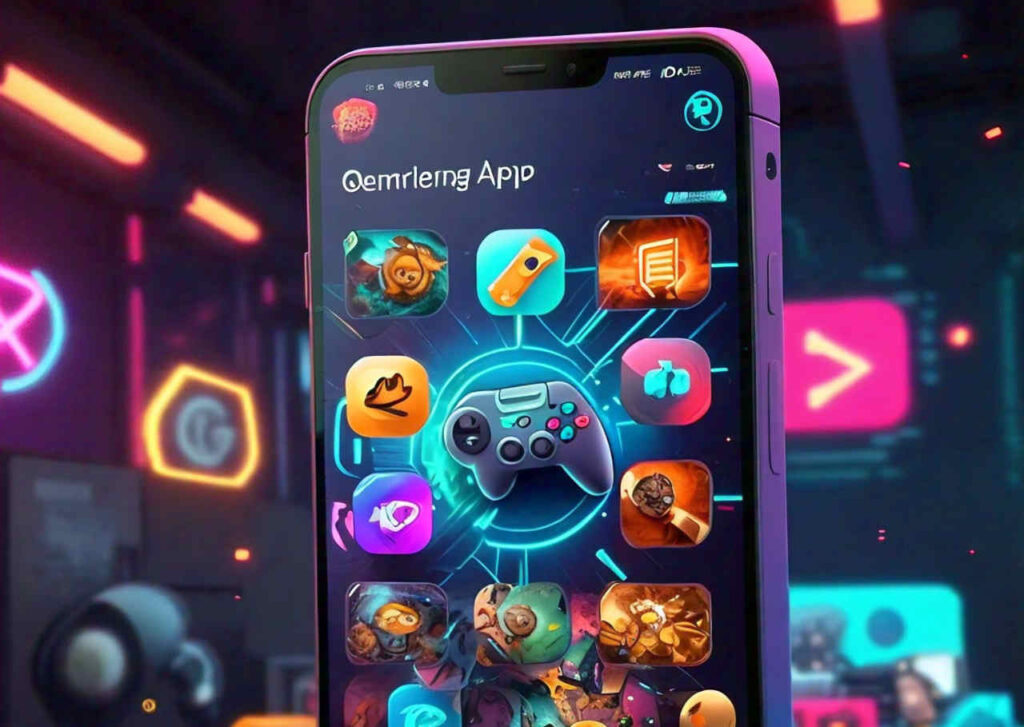Hack91 club or Tiranga game is a colour prediction app. It claims to reward people by predicting colours and fools people that they will be earning huge sum of money. Although made for gaming purposes this app seems to be missing from the Google Play store and is not meant for entertainment purposes. Such apps have fooled several students according to a Youtube video.

There are several pages on the internet which claim to be from Tiranga games and provide you the link to these apps through Telegram channels. It is best to avoid these gaming apps. Much like Dream11 they are risky and you could lose your money.
It is also said that you will get benefits by referring this app to various people although it may sound good in the earlier days later on it becomes an addiction and people lose hefty sum of money. For the safety of your mobile phone never download apps which are not listed on the Google Play store. As these apps could steam your data and bank details.
There are also some books available on Amazon which claim to provide you hacks and tips to win although these are all hoax and should be avoided at all costs.
Kids today have unprecedented access to smartphones and tablets, and with that access comes the temptation to spend money on apps, often without fully understanding the consequences. Here’s how kids are wasting money on apps:
1. In-App Purchases
- Many apps, particularly games, offer in-app purchases that enhance the user experience, such as buying extra lives, unlocking new levels, or acquiring virtual currency. Kids often get drawn into these offers, spending small amounts that quickly add up to significant sums.
2. Subscription Services
- Some apps lure users with free trials that automatically convert into paid subscriptions. Kids may sign up without realizing that they’re committing to monthly fees. If not monitored, these subscriptions can go unnoticed and result in recurring charges.
3. Virtual Goods
- Virtual goods like skins, outfits, and avatars in games are popular among kids. While these items don’t offer real-world value, the desire to customize characters or gain a competitive edge in games drives children to spend real money on them.
4. Social Pressure
- Peer influence is a strong motivator for kids to spend money on apps. Whether it’s to keep up with friends or to gain social status in a game, kids may feel pressured to make purchases to fit in or compete.
5. Ad-Driven Purchases
- Many free apps are supported by ads that promote in-app purchases. Kids might click on these ads and make purchases either out of curiosity or because they’re misled by the ads’ promises.
6. Accidental Purchases
- Younger children, in particular, may not understand the difference between play money in a game and real money. They may make purchases accidentally, thinking they’re part of the game.
7. Lack of Parental Controls
- Without proper parental controls, kids have easy access to app stores and payment methods, making it simple for them to make unauthorized purchases. Parents may not realize the extent of their child’s spending until they receive a hefty bill.
Conclusion
To prevent kids from wasting money on apps, it’s crucial for parents to set up controls, educate their children about the value of money, and monitor app usage closely. Teaching kids about the implications of in-app spending can help them make more informed decisions and avoid unnecessary expenses.